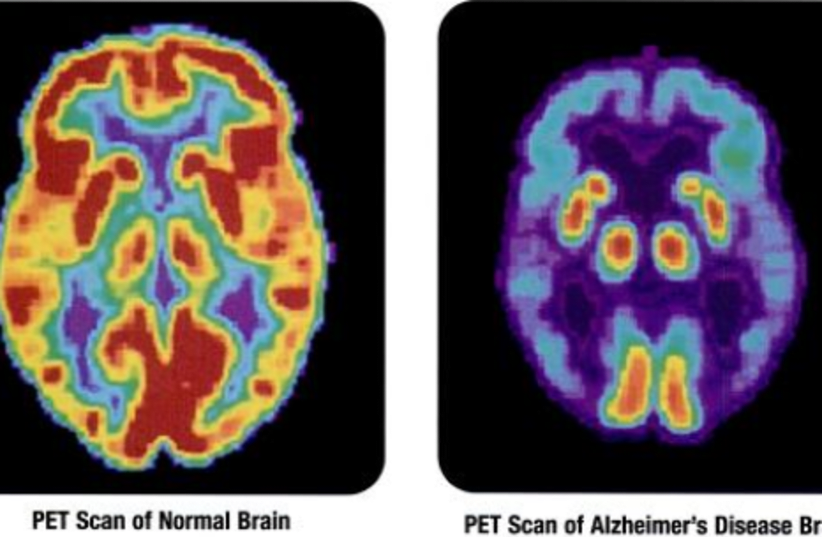Cholesterol has long been associated with clogged arteries and heart disease but new research indicates that it can also affect the brain.
Scientists from the University of Virginia School of Medicine have discovered that cholesterol manufactured in the brain appears to play a key role in the development of Alzheimer’s disease.
The new findings established that cholesterol produced by cells called astrocytes are required for controlling the production of amyloid beta, a sticky protein that builds up in the brains Alzheimer’s sufferers. The research offers crucial insights into how and why the plaques form and may explain why genes associated with cholesterol have been linked to an increased likelihood of developing Alzheimer’s.
The results also provide scientists with important direction as they try to prevent Alzheimer’s, shedding light on how to prevent the overproduction of amyloid beta as a way to fight the disease, which currently kills more seniors than breast cancer and prostate cancer combined.
“This study helps us to understand why genes linked to cholesterol are so important to the development of Alzheimer’s disease,” said researcher Heather Ferris of UVA Health’s Division of Endocrinology and Metabolism.
“Our data point to the importance of focusing on the production of cholesterol in astrocytes and the transport to neurons as a way to reduce amyloid beta and prevent plaques from ever being formed.”
Ferris noted that the findings, that have been published in the scientific journal PNAS, could be used to prevent the development of Alzheimer's.
“Once people start having memory problems from Alzheimer’s disease, countless neurons have already died," she said. "We hope that targeting cholesterol can prevent that death from ever occurring in the first place."
Earlier this month, Tel Aviv University (TAU) researchers also made a groundbreaking discovery while studying amyloid beta proteins. For the first time, a non-pharmaceutical clinical trial was proven effective in reversing the main activators of Alzheimer’s disease, according to TAU Prof. Shai Efrati, whose study on the use of hyperbaric oxygen therapy to improve brain function was published in the peer-reviewed medical journal Aging.
